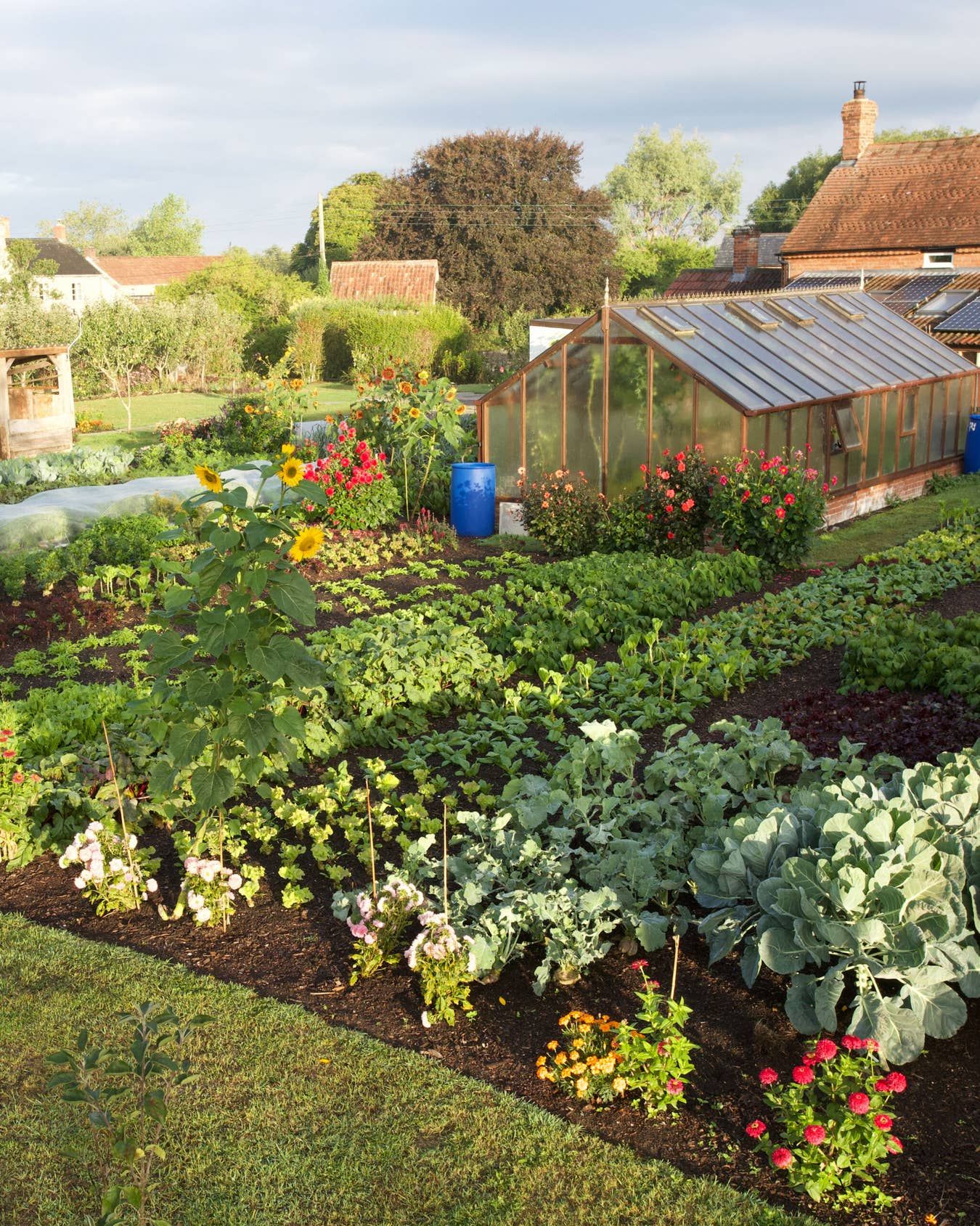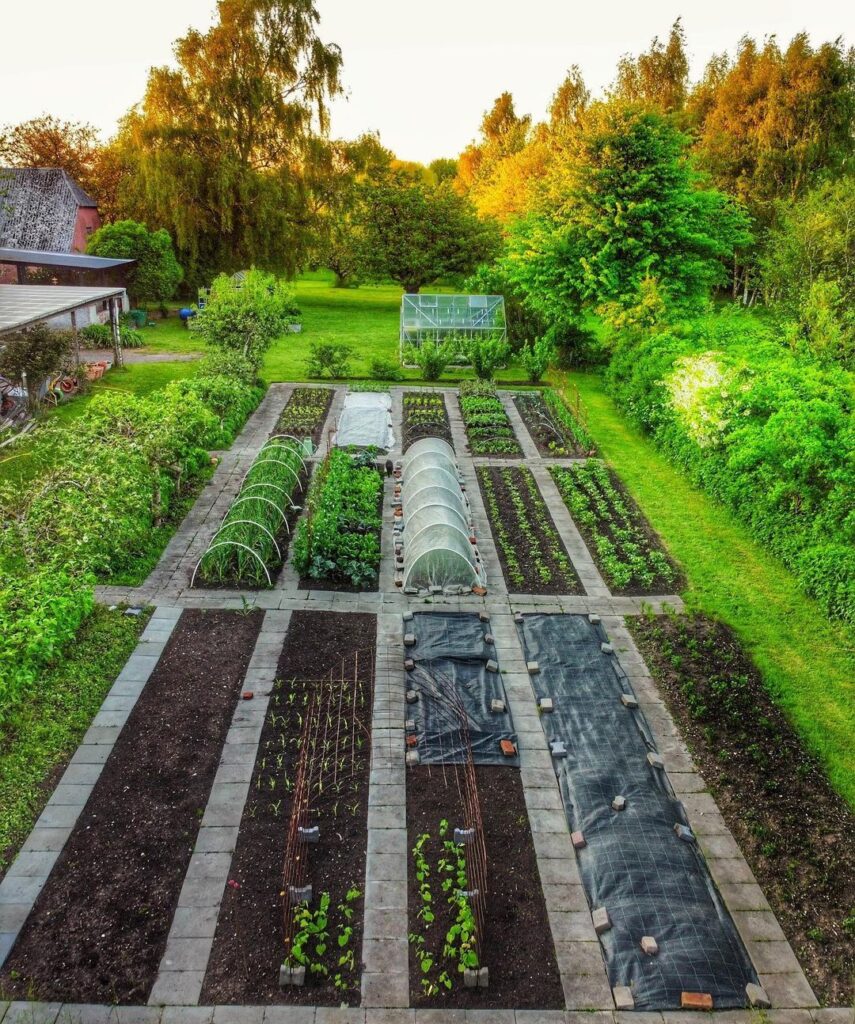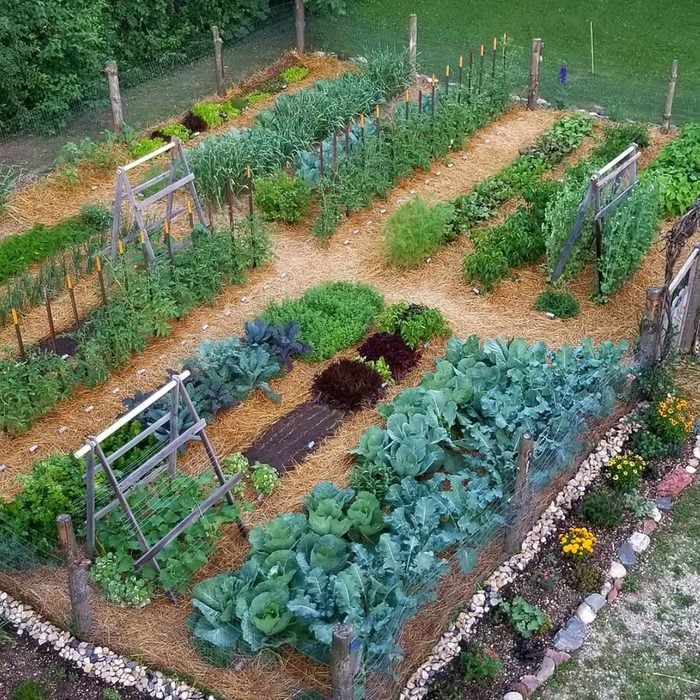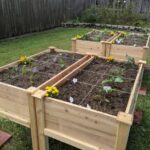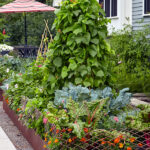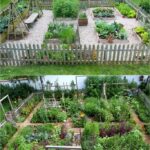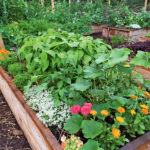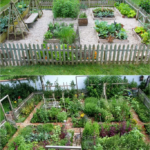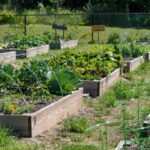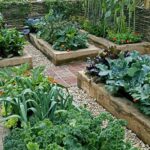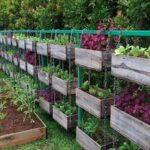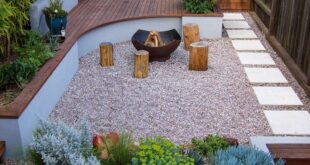One popular vegetable garden idea is to create raised beds. Raised beds offer a number of benefits, including improved drainage and soil quality. They also make it easier to tend to your plants without having to bend over as much. You can easily build raised beds using wood, bricks, or even recycled materials like old pallets.
Another creative vegetable garden idea is to incorporate companion planting. This involves planting certain vegetables, herbs, and flowers together in order to attract beneficial insects, repel pests, and improve overall plant health. For example, planting marigolds alongside tomatoes can help to deter pests like aphids and nematodes. Research different companion planting combinations to maximize the health and yield of your vegetable garden.
Consider adding vertical gardening elements to your vegetable garden. Vertical gardening allows you to maximize space and grow more plants in a smaller area. You can build trellises, arbors, or even hanging planters to grow vining vegetables like cucumbers, beans, and squash. Additionally, vertical gardening adds visual interest to your garden and can create a beautiful focal point.
Another fun vegetable garden idea is to incorporate themed garden beds. You could create a salsa garden, for example, by planting tomatoes, peppers, onions, and cilantro. Or, you could plant a “pizza garden” with tomatoes, basil, oregano, and peppers. Themed garden beds not only make gardening more fun and interactive, but they also provide a cohesive and aesthetically pleasing look to your vegetable garden.
If you have limited space, consider growing vegetables in containers. You can use pots, planters, or even repurpose materials like buckets or crates. Container gardening allows you to move your plants around to find the best sun exposure and create visual interest. It’s also a great option for renters or those with small yards or balconies.
Lastly, don’t forget to incorporate eco-friendly practices into your vegetable garden. Use organic fertilizers and pesticides to promote soil health and minimize harm to beneficial insects. Consider composting your kitchen scraps to create nutrient-rich soil for your plants. And, if possible, collect rainwater to use for watering your garden. By implementing sustainable practices, you can create a healthy and thriving vegetable garden that benefits both you and the environment.
 yishifashion Where Outdoor Dreams Become Reality
yishifashion Where Outdoor Dreams Become Reality
